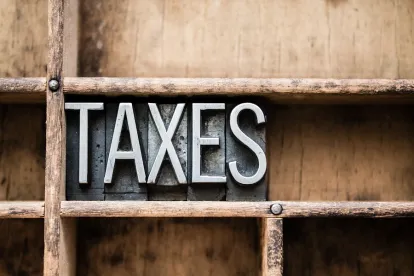The IRS is back up and running and they are continuing their efforts to help struggling taxpayers impacted by COVID-19 and natural disasters. On November 2, 2020, the IRS unveiled new changes in the Collection Division which are intended to assist taxpayers facing financial challenges. According to Darren Guillot, IRS Small Business/Self-Employed Deputy Commissioner for Collection: "…this has been a difficult year in many states dealing with both COVID and natural disasters. In times like these, dealing with tax issues can be tough. And we want people to know our employees are committed to continue helping taxpayers wherever possible, including offering many options for those struggling to pay their tax bills."
The IRS is responsible for collecting almost 95 percent of total federal revenue through its compliance and collection activities. Earlier this year, the IRS provided tax relief through implementation of the People First Initiative. While these relief provisions expired on July 15, 2020, the IRS has continued to make changes in collection policies and procedures while resuming critical tax compliance responsibilities.
Highlights of these collection changes are listed below. It is important to note, however, that the changes listed below apply only to cases that are not assigned to a Revenue Officer in Field Collection.
-
Short-term extensions of time to pay the tax balance in full have been extended to 180 days (six months). Prior to this change, taxpayers had only 120 days on a short-term extension.
-
To avoid taxpayer default on existing installment agreement, the IRS will automatically add certain new tax balances to the agreement.
-
Individuals who owe less than $250,000 can set up an installment agreement without having to provide financial statements and substantiation of expenses. For this to apply, the liability must be paid in full within the statute of limitations on collection.
-
Individual taxpayers who owe only for 2019 and who owe less than $250,000 may qualify for an installment agreement without the IRS filing a notice of federal tax lien.
-
Taxpayers with existing direct debit installment agreements who owe less than $50,000 can propose a lower monthly amount and change their payment due date online.
As noted above, these changes DO NOT apply to cases that are assigned to a Revenue Officer in Field Collection.



 />i
/>i

